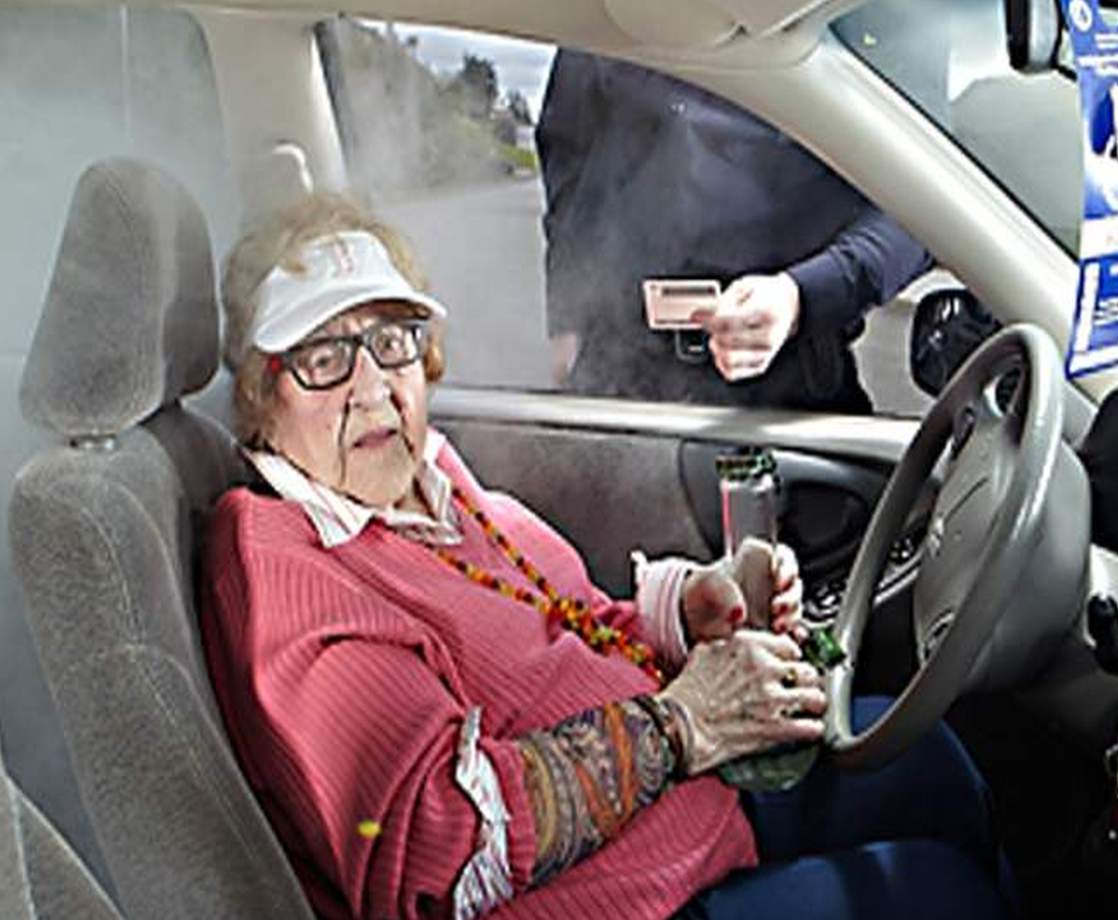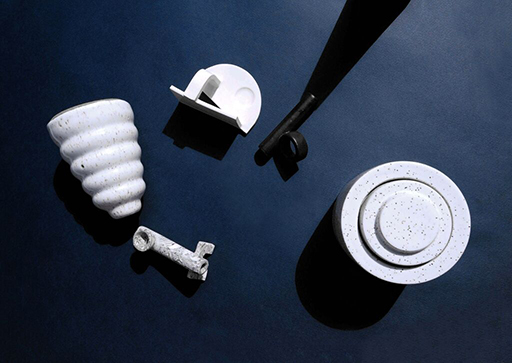While marijuana is not yet legal in Denmark, the country’s lawmakers will still consider a bill intended to reduce the penalties for motorists convicted of stoned driving.
According to the Danish newspaper Ekstra Bladet, Jan E Jorgensen of the Liberal Party has introduced a piece of legislation aimed at eliminating some of the more severe punishments for those caught high behind the wheel, but “who have not been of any danger to traffic at all,” the report reads.
As it stands, drivers in Denmark who test positive for THC metabolites can have their driver’s licenses suspended for up to three years – a harsh penalty for an offense that did not result in the injury of another human being.
“Here they will have to look at whether it is fair that a person who smokes marijuana and takes the car to be punished, while a person who smokes marijuana and taking the bus go free,” Jorgensen said.
Although stoned driving has been a hot topic of discussion in the United States ever since more jurisdictions began legalizing the leaf for medicinal and recreational purposes, there really is not a single shred of evidence out there that proves THC intoxication leads to hazardous roadways.
Interestingly, a federally funded study published last year by the National Highway Traffic Safety Administration found that motorists who used marijuana presented a lower risk for an accident than those drivers under the influence of alcohol. Researchers concluded that the presence of THC in a person’s system is not representative of impairment in the same manner as blood alcohol concentration (BAC).
“At the current time, specific drug concentration levels cannot be reliably equated with a specific degree of driver impairment,” the report stated.
In May of this year, the AAA Foundation for Traffic Safety published a report suggesting that more drivers in Washington involved in fatal traffic accidents tested positive for marijuana since the state legalized weed.
However, the report went on to say that the "results of this study do not indicate that drivers with detectable THC in their blood at the time of the crash were necessarily impaired by THC or that they were at fault for the crash."
“The data available cannot be used to assess whether a given driver was actually impaired, and examination of fault in individual crashes was beyond the scope of this study,” the report continued.
So far, there is no effective breathalyzer available to test for marijuana impairment, although researchers from Stanford University have suggested that they have developed one.











